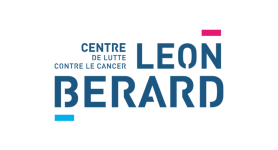Project
As a package machines and associated devices, genomic technologies are now widespread in health care contexts, where their use has become massive and routine. Social science studies have analyzed the conditions of their introduction in some clinical fields, but few have questioned the transversal effects of the development of a molecular level of analysis common to many conditions. Circulation between clinical fields, standardization logics or leverage effects could however be expected. We also lack global analyses on the conditions of production and recognition of the status of biomedical innovations that these technologies enjoy today.
The TraGenInnov multidisciplinary research team will investigate the conditions under which these technologies come to be considered as innovations for care. Following an approach inspired by socio-historical analyses of how history and social contexts matter in the fate of technologies, TraGenInnov reconstructs the trajectories of genetic innovations in France, in six clinical contexts from rare diseases, cardiovascular diseases and cancer.
The aim is to analyze (1) the forms and impact of professional work around these technologies, (2) the work of patients and families, and (3) the effects of state, market, professional and citizen regulations. We focus on the settings in which the innovative character of a technology is claimed, admitted or criticized by the actors. We seek to identify the specificities of clinical traditions and the possible transversal effects of technologies.
TraGenInnov reconstructs these trajectories using qualitative methods (interviews, ethnographic observations) rooted in the sociology and anthropology of science and health, complemented by quantitative processing of data from the National Health Data System (SNDS) following a health economics approach.








